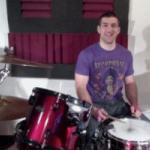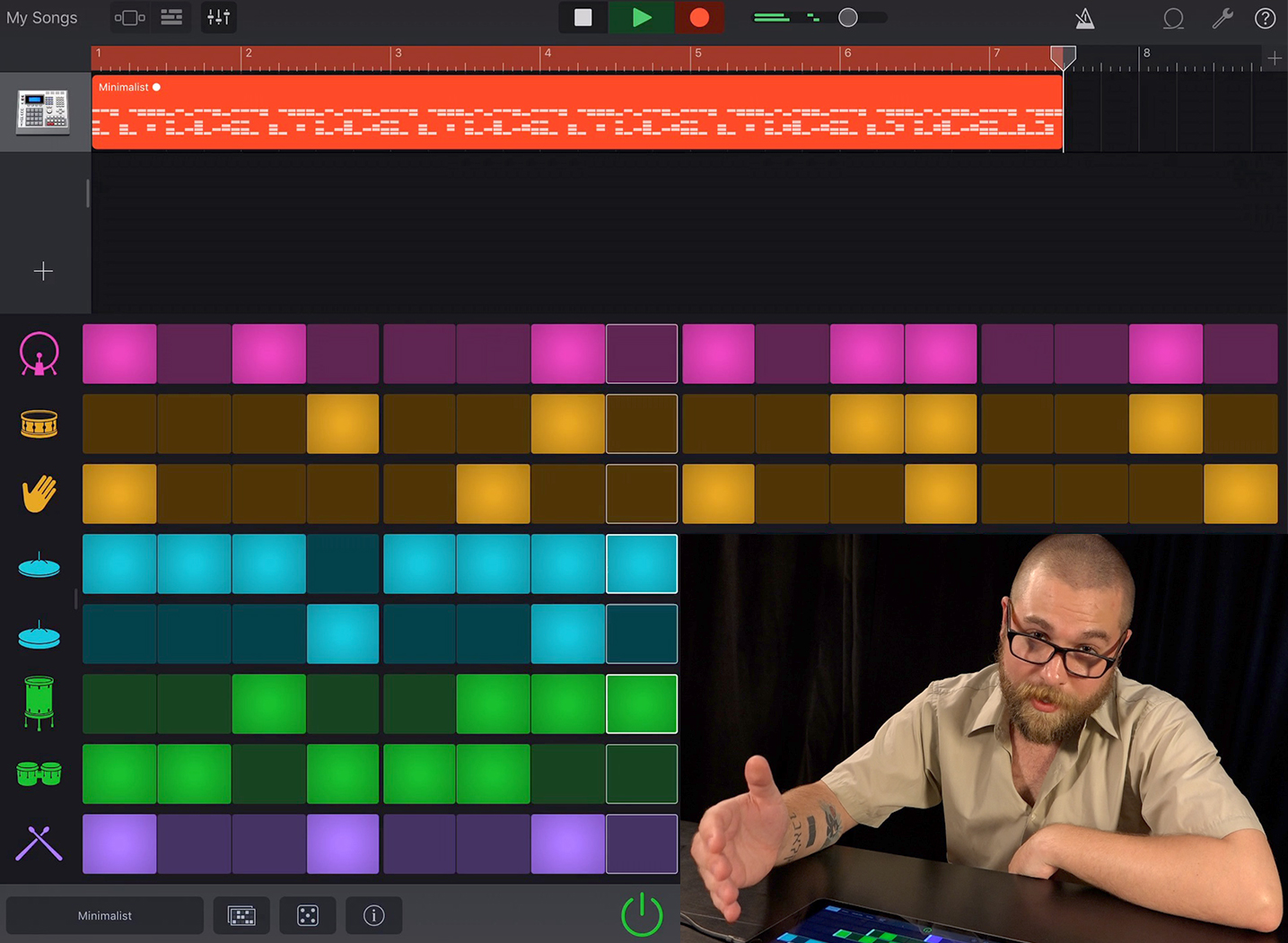How Much Should You Practice Your Instrument?
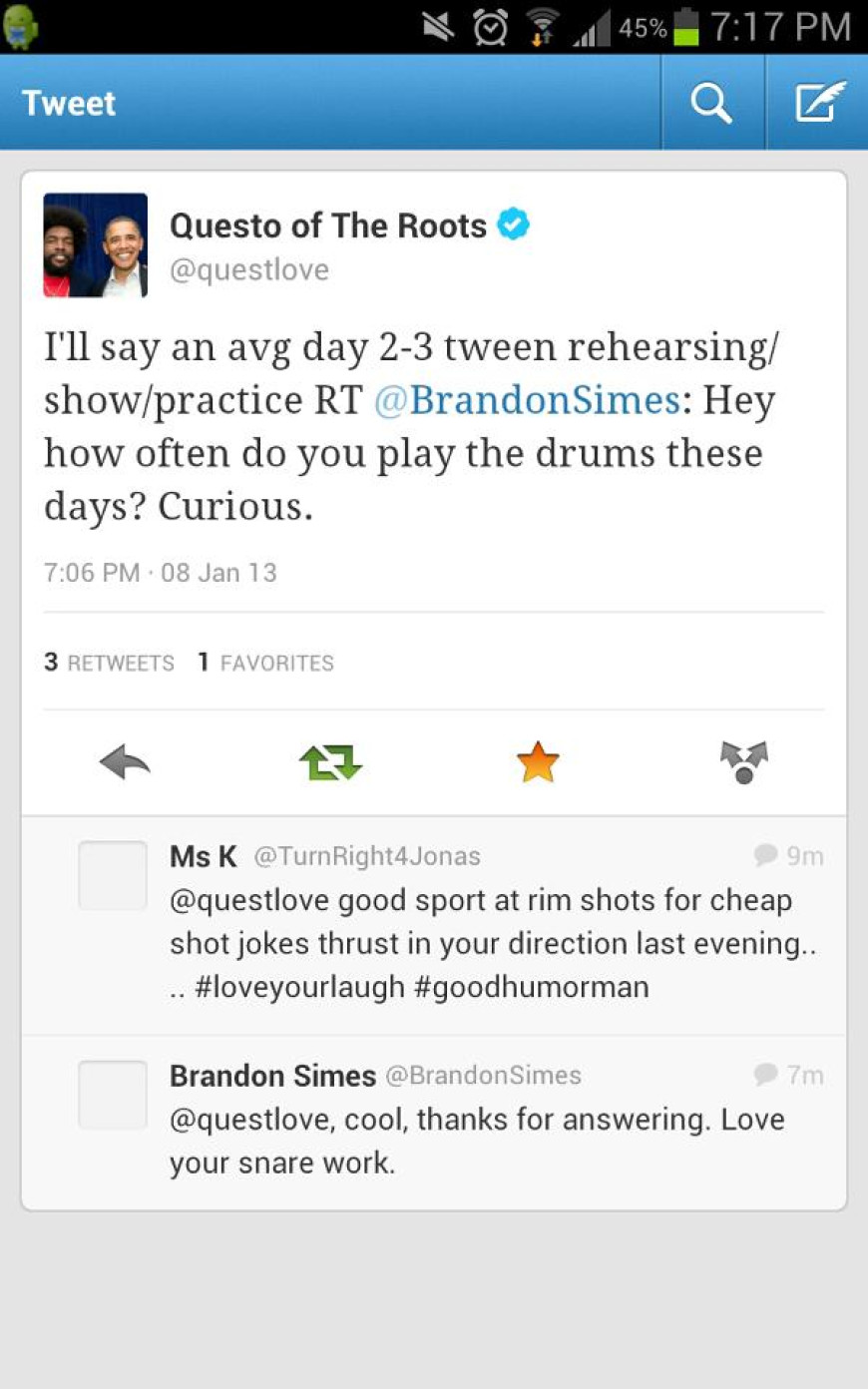
Inspired by this post (it’s a great blog for all you piano players), we’ve stumbled upon the question of “How much practice is enough?” In order to answer a question that doesn’t have one correct answer, we’re going to break it down into three categories of musicians: professionals, aspiring pros, and casual musicians/beginners.
| Check out Trumpet Practice |
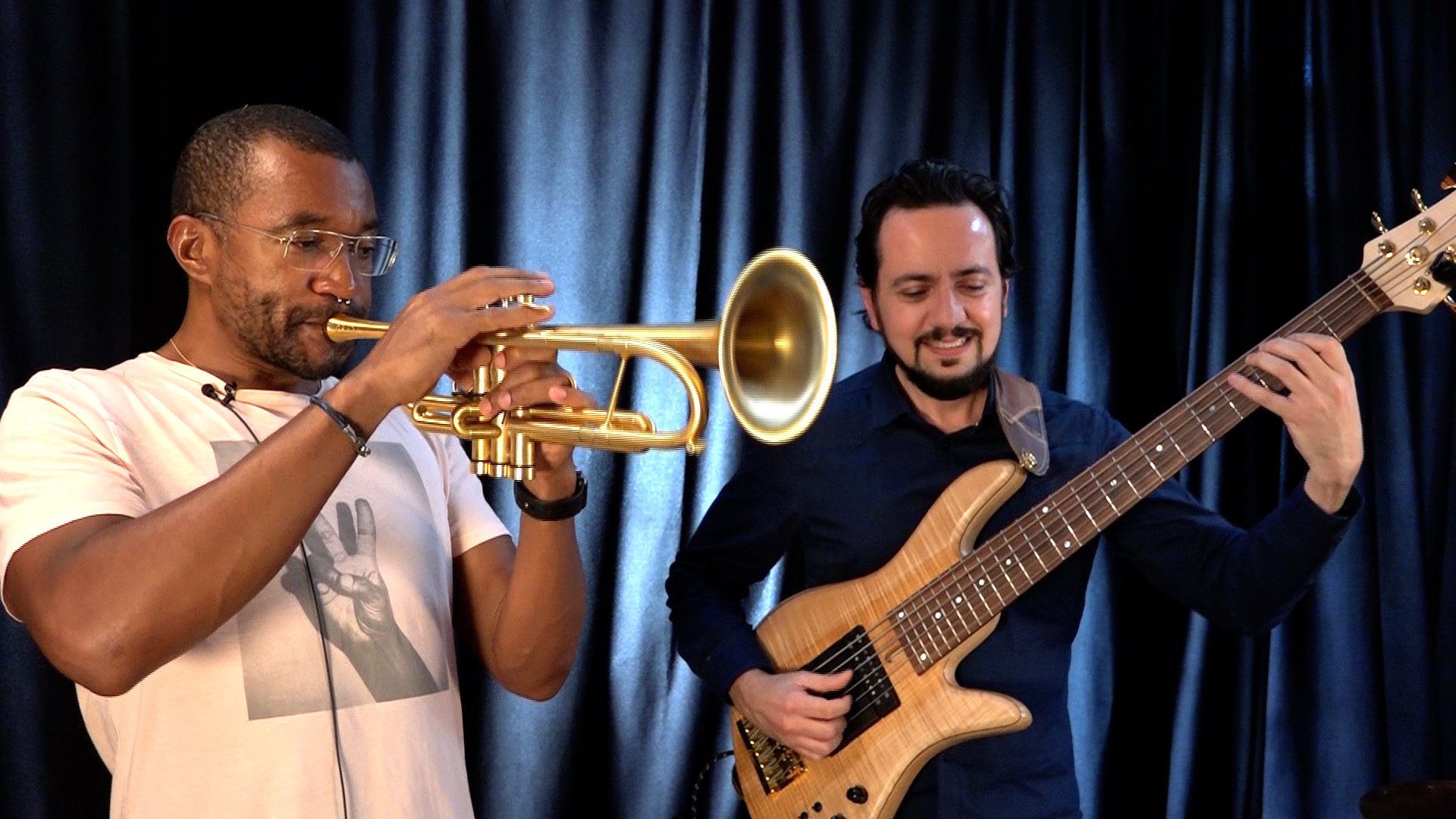
Trumpet Practice with Antoine DryeDeveloping an efficient trumpet practice routine with NYC trumpet player Antoine Drye. |
Professionals
A couple of weeks ago I was riding the bus home and wondering how much a professional drummer might practice a day. So, since he’s a great drummer (see video below for evidence), I tweeted the question to Questlove, the drummer from The Roots and The Jimmy Fallon Show and a noted Twitter enthusiast. He responded that he generally plays two or three hours a day. That’s a fair amount, but some pros find the need to practice even more, especially concert pianists or those actively involved in recording an album or preparing for an upcoming tour or performance.
The verdict: At least three hours per day.
Aspiring Pros
One of my favorite musicians in the world hails from Turkey. A teen I met while working at an English-language summer camp, Dora is so talented that he probably doesn’t need to practice to be better than 97 percent of the world at the piano. But, he’s as driven as he’s gifted, so he practices six or more hours a day most of the year. Another group of musicians from my hometown who eventually signed a record contract, Reveille, used to play at least a couple hours a day, and then once they became pros they upped that toward six or more while recording and at least a few while touring.
If you want to play music for a living, you’re going to have to make it a serious part of your life, at least until you’ve achieved the level of technical ability you’ll need to succeed in your musical genre. Malcolm Gladwell’s well known book “Outliers” claimed that mastery of most fields generally required 10,000 hours of practice.
That’s a lot of time, but it’s not impossible. If you practiced for four hours per day six days a week you’d get there after a little more than eight years. Switch that to three hours and it’ll take you over 10 years to reach 10,000. Gladwell may be wrong, but you’re unlikely to become a professional without putting in some serious time and effort.
The Verdict: Three to six hours per day.
| Check out this course produced by Lessonface |
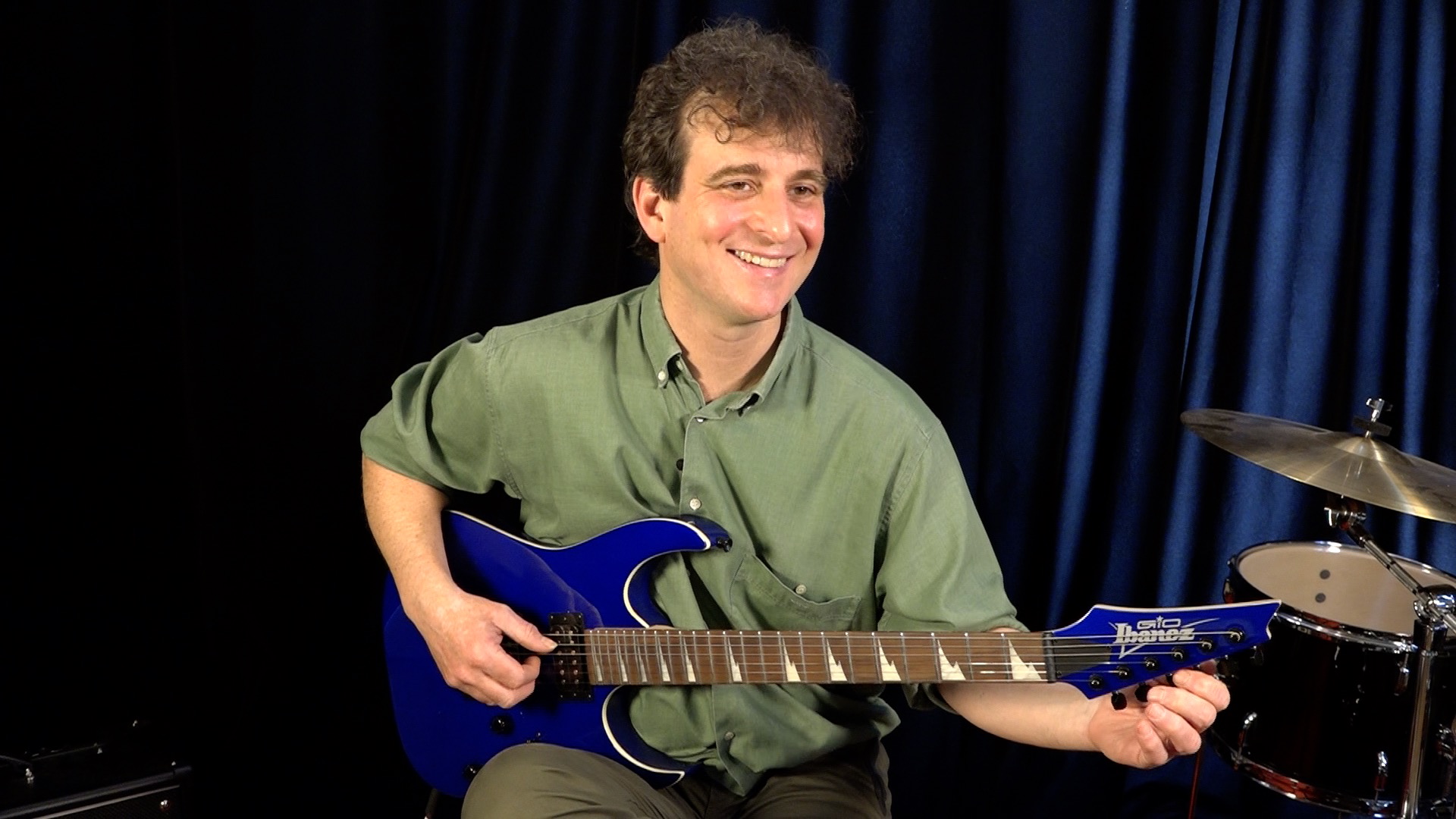
Guitar 101 with Dmitri ShapiraLearn guitar with this self paced course. |
Casual Musicians/Beginners
Let’s define a “casual musician” here as someone who plays in a band or for him/herself for fun, with no aspirations of turning it into a career. This is the person who plays because s/he wants the benefits of playing music: stress relief, better health, improved mental faculties. For someone of this ilk, there’s probably not an extra six hours to play every day.
Instead, a half hour of daily play can produce enough improvement to keep music practice fun without the risk of overdoing it. Much like exercise for most people, it’s more important to make music part of your daily routine than to shape your life around it. Beginners ought to be looking at music as a mode of expression, not a future job. But they too can earn the benefits of playing an instrument if they practice regularly without overdoing it. It’s better to build slowly than do as Kurt Cobain predicted for himself by going “out in a flame of glory.”
Play as much as feels fun, and enough to bond with your instrument, but you’ll need to put in some effort to get to the point where it feels natural to take up your instrument in your hands.
The Verdict: A half hour to an hour per day.
What do you think? You can leave your thoughts in the comments section or Tweet us @lessonface.
Related:
- Q&A: How do you stay motivated and disciplined to practice?
- Create a Learning Plan
- Our complete hand-picked list of music teachers
| Not ready for lessons just yet? Check out this Beatmaking course with Max Alper |
Beatmaking with Max AlperLearn how to easy is to make beats in this fun course! Using GarageBand, beatmaker Max Alper teaches us how to use the drum step-sequencer and to create bass and harmonic lines.
|
